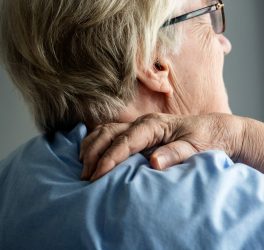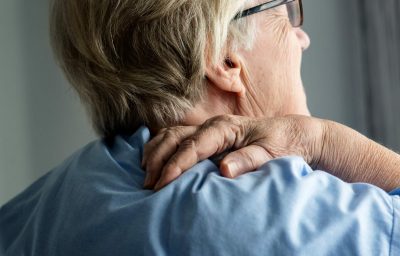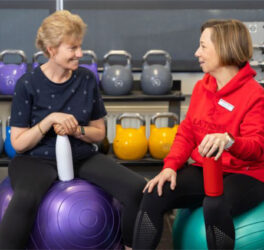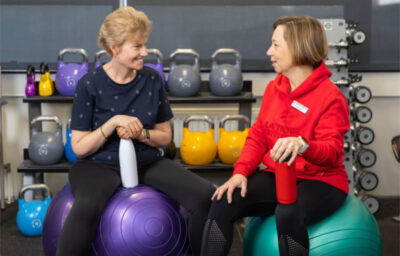
La Trobe University, in partnership with the Women’s, has conducted the first study in Australia to examine pregnancy and birth outcomes of women with various types of disabilities including physical, cognitive, sensory and intellectual – with the findings published in leading obstetric journal the Australian and New Zealand Journal of Obstetrics and Gynaecology.
The research adds to the global evidence base acknowledging that women with disability have higher rates of poor perinatal outcomes – including preterm births, low birthweight babies and admittances to Special Care and Neonatal intensive Care Units – when compared with general maternity data.
Midwife Cherise Smith was a member of the research team and runs the Women with Individual Needs (WIN) Clinic at the Women’s – the only specialist pregnancy clinic for people with disability in Australia.
“Around 9.5 per cent of women of childbearing age have a disability, but disability status is not routinely recorded in maternity care – and this can cause a number of significant problems for these women and their babies,” she said.
“By asking women if they have a disability and accurately entering their disability status into the medical record, clinical teams can share relevant information and partner with women to customise maternity care to meet their specific needs. It also helps identify existing co-morbidities that can impact their pregnancy.
“At the WIN clinic, we know that disability-aware care from both a social worker and a midwife is beneficial, ensuring that women with disability get to their antenatal appointments, have their needs understood and are able to care for their baby as independently as possible.”
Lead researcher and PhD candidate at La Trobe University, Charlie Smithson, said the benefits of routinely identifying these women within maternity services doesn’t stop at patient care.
“Identifying women with disabilities in maternity services on a national scale will allow us to further understand the potential links between disability and poorer perinatal outcomes. At this stage there’s lots we have yet to learn about the effects of various disabilities on pregnancy and birth,” she said.
“We are continuing our research in this important area. The next phase of our research will enable us to understand how women like to be asked about disability status and also give us more insight into the existing identification processes in maternity services nation-wide.”








